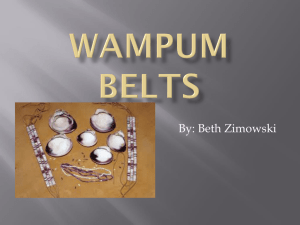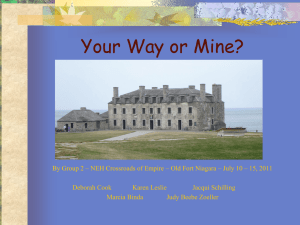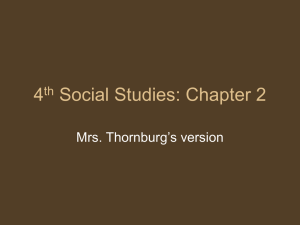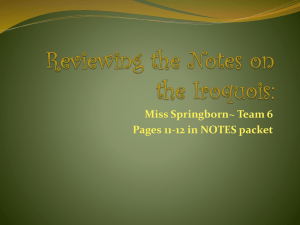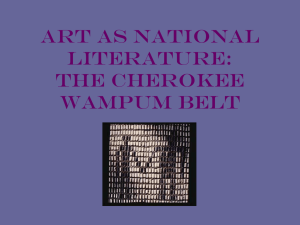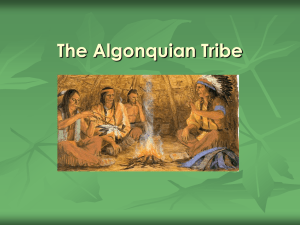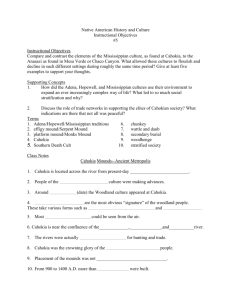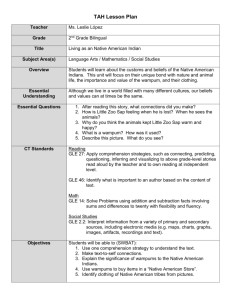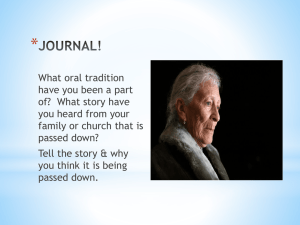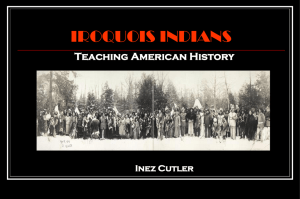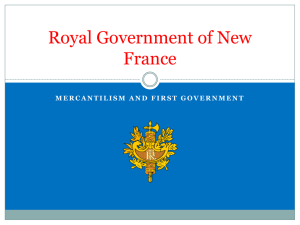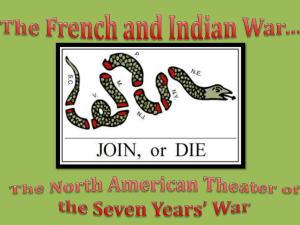How did the Wampum Belt address collective identity?
advertisement
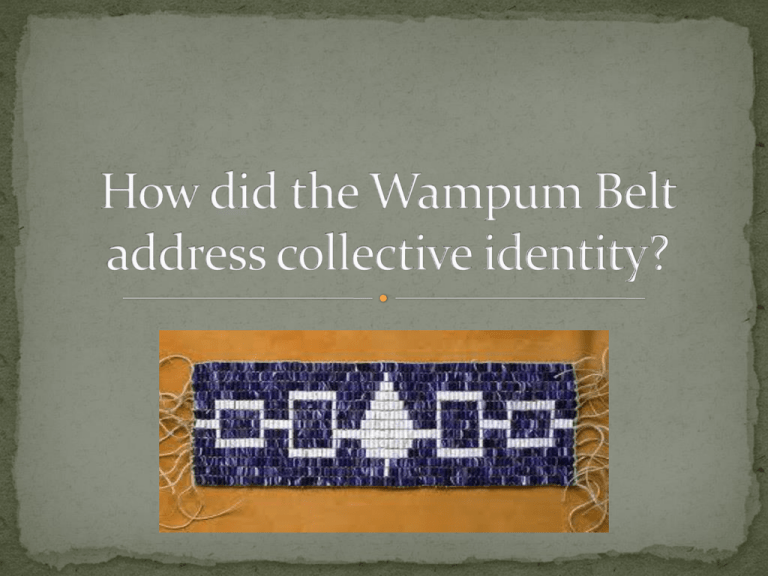
Wampum held a special place in the Iroquois ceremonies. Wampum beads, made of purple and white shells, were strung together or woven into belts. Wampum strings were used fro several purposes. Clan mothers carried special wampum strings to show their status. A person might carry a wampum string to remember a loved one. War chiefs had a black wampum. If the Grand Council became corrupt, the war chiefs would bring the black wampum to the Council as a warning to the Grand Chiefs. Wampum belts were created to symbolize treaties and to tell stories from Iroquois history. Each belt had a specific texture that a skilled wampum keeper could read by running his hands along it. One important wampum belt is the Two Row Wampum, which records a treaty between the Iroquois and the Dutch in 1613. The belt depicts two purple stripes side by side on a white background. The white represents a river – the river of peace and respect. The two stripes represent an Iroquois canoe and a Dutch ship sailing side by side. This symbolizes that each nation has its own laws and customs, and they will not interfere with one another. It also shows that the Iroquois saw ( and still see) themselves as a single, unified group. There is one broad stripe representing the Iroquois, not five thin ones. The most sacred wampum belt is the Hiawatha Wampum. This belt records the Great Law of Peace and the foundation of the Confederacy. The flag of the Confederacy, in fact, is a reproduction of the Hiawatha Wampum. The white tree in the centre represents the Tree of Great Peace. It is also the symbol of the Onondaga nation, which hosts the Grand Council. The four squares represent the other four nations who first adopted the Great Law of Peace. The squares are connected by a white line, which shows how the nations are interconnected. Another white line – the Path of Peace – extends to the borders of the wampum belt. This means that other nations are welcome on the Path. These belts show that, although the Iroquois come from different nations, they are politically, socially, and culturally united. They have COLLECTIVE IDENTITY – shared belief system – including language, culture, values and attitudes. The League of Nations had a written constitution, The Great Law of Peace a set of rights and agreements that all the people had to honor. The constitution was recorded on 114 wampums. Canada has a written Constitution that sets out the rules of Canadian society. The Great Law of Peace is the constitution of the Iroquois. It describes principles of good living and tells how the Confederacy should be organized and run. The Great Law of Peace is so long that it would take days to recite the whole thing. In order to help them remember the Great Law. The Iroquois used wampum belts. A wampum keeper was responsible for caring for the wampum and reading it. The reader would pass his hands along the belt, bead by bead, using their texture to remind him of the events or treaties it recorded. Wampum keepers were chosen by the clan and trained from a young age – to remember the information on the belt and tell it in a dramatic and poetic way. Iroquois women made the wampum belts. In what other ways do societies record their history and laws? 2. The Two Row Wampum was created to represent 1. 1. 2. 3. 4. A treaty with the Dutch The Great Law of Peace A traditional Iroquois legend The Five Nations of the Iroquois
